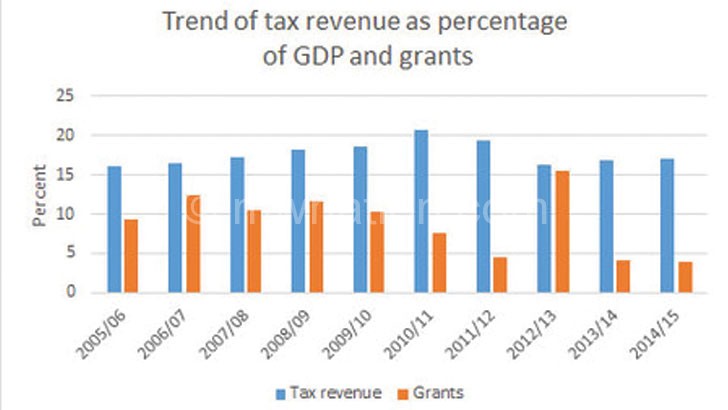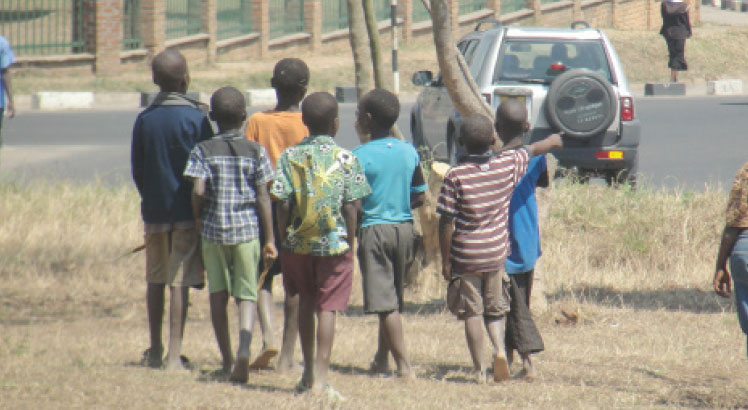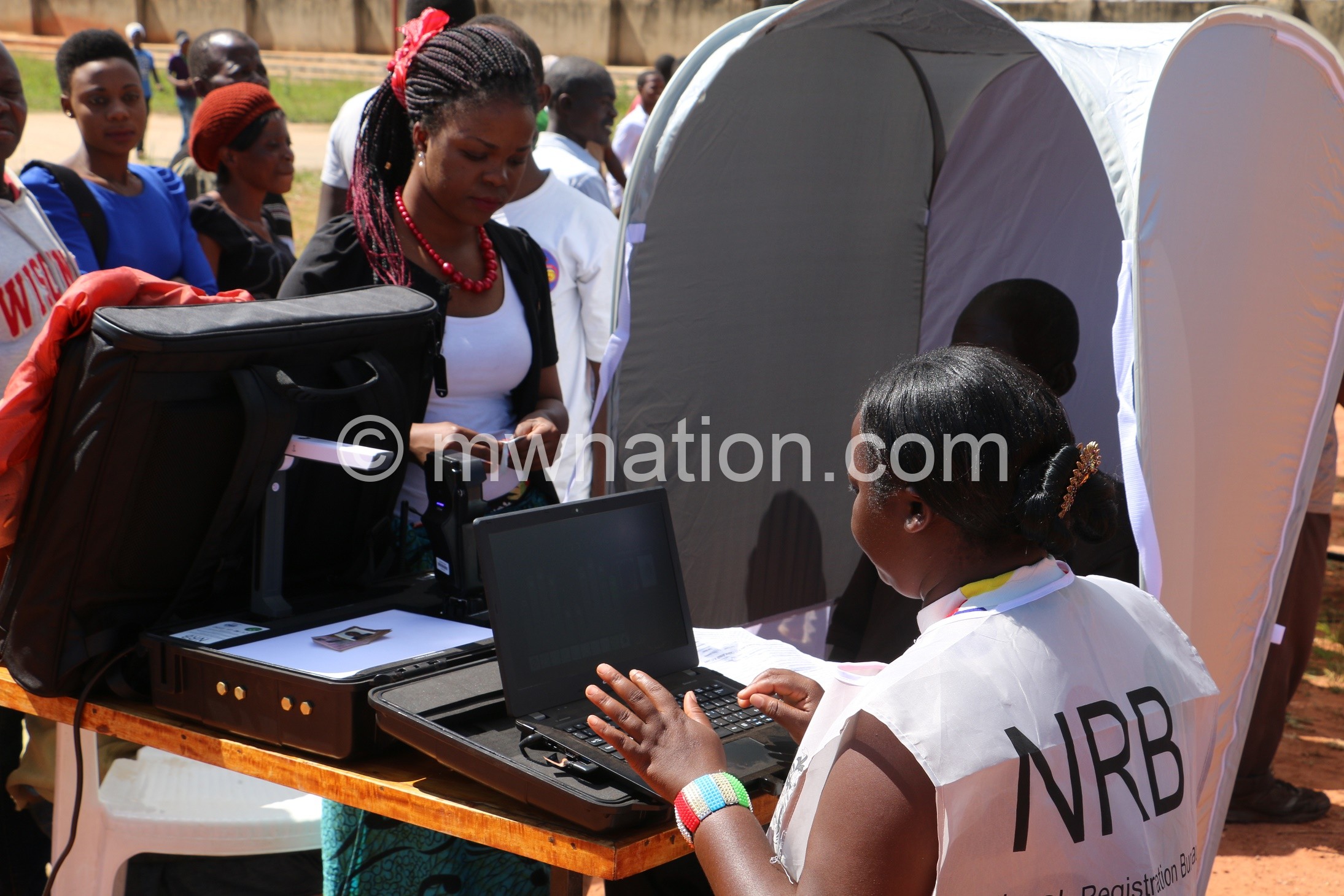‘Zero-aid’ ghosts haunting budget
As Finance, Economic Planning and Development Minister Goodall Gondwe presents the Mid-Year Budget Review Statement in Parliament today, he faces two major questions that are vexing, but which can determine the country’s economic trajectory.
The first is whether, in the face of donors abandoning general budgetary support (GBS) aid modality, the budget can effectively steer the economy without direct grants.
The second question is whether or not Gondwe should cut the 2015/16 National Budget. That is a no brainer. It must be done, albeit judiciously.
The real question is whether the Peter Mutharika administration has the stomach for supporting Gondwe to effect deep cuts to overall expenditure relative to gross domestic product (GDP) necessary to achieving fiscal sustainability given the tight resource envelope caused by a freeze in direct grants and dwindling domestic revenues.
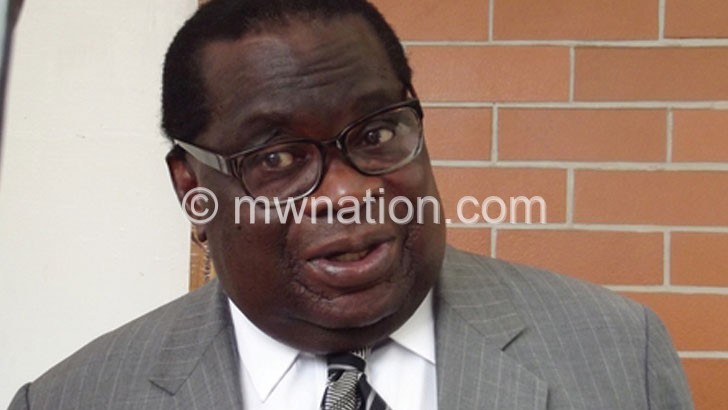
Gondwe will answer to the second question today in his statement because what he presents will reflect the decision by Cabinet.
As for the first question, The Nation’s investigations—which included analysing the country’s macro-fiscal environment, central government operations and key economic indicators over the past 10 years—shows that denying Capital Hill allocative powers of donor grants negatively affects the economy no matter how much billions of Official Development Assistance (ODA) donors can pour into the country.
First, the good news
The Mutharika administration has been perpetuating a myth that it is running the country on a zero-aid budget.
That is largely untrue.
On average, major donors have poured into Malawi around $1 billion (K750 billion) in ODA—comprising grants and concessional loans—to support government programmes appearing in the national budget.
The only difference is that unlike in the past when some of the money would come directly to government as GBS for Capital Hill to use at its discretion, the support now mostly comes in form of projects, dedicated grants, programme support and other ring-fenced mechanisms in which government has no direct influence on how it is spent as donors try to protect their money from fraud and corruption.
But the money is largely on-budget—not wholly off-budget as it is widely being peddled around although there is a chunk, that goes through non-governmental organisations, (NGOs) that is outside the budget.
In separate interviews with The Nation, major donors said last week that the zero-aid mantra is misleading while a political analyst said the administration could deliberately be encouraging such a narrative and “ignore funds being channelled through other means to project an image of an administration that is doing its best under difficult circumstances in the hope that doing so gains it public sympathy”.
The zero-aid narrative irritates donors more than anything else when it comes to budgetary support, according to interviews with heads of missions in Malawi.
“It is a common misperception that Malawi operates on a zero-aid budget,” declared Norwegian Ambassador Kikkan Haugen in an e-mailed response to a questionnaire.
He said the level of Norwegian aid to Malawi has averaged NOK 500 million, which is an equivalent of $60 million or K45 billion per year despite freezing GBS.
“Our level of support to Malawi has not decreased as a result of Norway stopping general budget support. Our support is channelled through government, through multilateral organisations and through civil society organisations,” he said.
Norway—Malawi’s third largest bilateral donor—mainly focuses on agriculture and food security, health, education, governance, human rights, gender and culture.
“All Norway does in Malawi is in line with Malawian priorities. The Embassy has a close and frequent dialogue with government to ensure this. That part of the support is off-budget does not mean that support is not in line with the priorities of the MGDS [Malawi Growth and Development Strategy],” said Haugen, whose government stopped budgetary support to Malawi in late 2013 after Cashgate came to light.
German Ambassador Peter Woeste scoffed at the zero-aid narrative in a separate e-mail interview.
“I am happy to note that the Minister of Finance assured me recently that he is well aware that the ‘Zero Aid Budget’ is a myth and that he himself is not using such terms to describe the ongoing support from donors,” said Woeste, whose government last used GBS as an aid instrument in 2011.
The United States of America has never used GBS as a matter of policy and appears to have now won the support of other donors; but the Embassy’s public affairs officer Edward Monster said Washington’s assistance to Malawi has grown to $300 million (K225 billion) in 2015 alone. That is nearly triple the $110 million (K82.5 billion at present exchange rates) in 2008.
In his response to our questionnaire, European Union (EU) Ambassador Marchel Gerrmann said the bloc’s programmes are in support of government objectives as spelt out in the MGDS.
He wondered why people talk of a zero-aid budget given how much of Capital Hill’s budgeted programmes the EU support.
“Many of our programmes are and will be reflected in the budget, so in our view the zero-aid budget terminology neither captures this reality nor the reality that donors collectively assist Malawi with $1 billion a year,” he said.
Germann said the level of EU assistance in fact increased over the years.
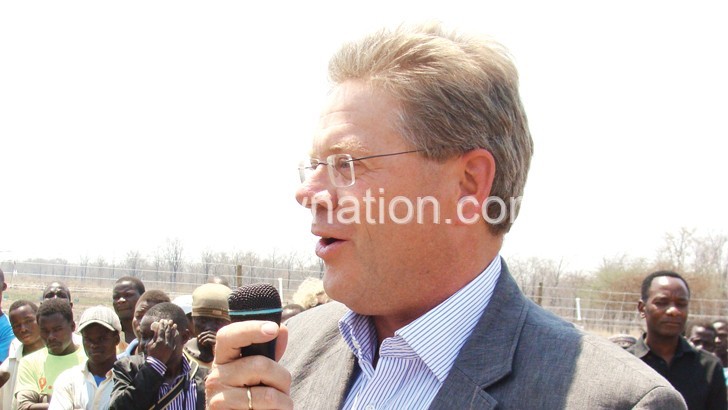
Under the current country strategy, the 11th European Development Fund (2014-2020) signed in 2015 for Malawi is around 560 million euros (K473 billion)—the second largest envelope for any country in the southern Africa region.
In 2016 alone, said Gerrmann, the EU is working with government to formulate new programmes for an amount of more than 200 million euros (K169 billion).
He said the EU’s priority areas include sustainable agriculture/ food security and nutrition; secondary education as well as vocational training and governance.
But none of its funding comes through GBS any longer, with the last such disbursement being in 2012.
“We feel that there has been too much attention to this particular aid modality [GBS],” he said.
Now the bad news
Gerrmann gives the impression that GBS is overhyped. The question then is: Why should it matter that part of the ODA no longer goes under government’s direct control where it can exercise discretion on how to spend it?
The answer, according to The Nation’s study of official data over the past 10 years, lies in the impact at macroeconomic level.
Government is the most important authority that can mediate the effects of aid on economic growth and poverty—mostly through the national budget—and our research shows that every time Capital Hill loses more direct control of grants, things worsen.
Evidence we have gathered shows that in times when donors have frozen direct grants, economic growth slows sharply.

The same trend can also be seen in fiscal aggregates such as tax revenue, domestic borrowing and the budget deficit whenever there is an upward or downward movement in grants.
For example, during 2006-2010, Malawi experienced a dramatic rise in direct grants, resulting in steady growth averaging seven percent over the period and stable macro-fiscal environment.
For example, when grants jumped from 9.4 percent of GDP in 2005/06 to 12.5 percent in 2006/07, GDP growth rate surged from 2.1 percent in 2005/06 to 9.5 percent in 2006/2007; tax revenue rose from 16 percent of GDP to 16.5 percent while the deficit dropped from -3.9 percent to -1.3 percent of GDP. That positive trend continued up to 2010.
After 2010, however, GDP figures and the fiscal aggregates performed badly, coinciding with sharp declines in direct budgetary support (grants) after most donors, including Britain and Germany, withdrew from GBS. During this time, Malawi’s economic programme with the International Monetary Fund (IMF) was also in trouble.
Again things improved dramatically in 2012/13 when, after the death of Bingu wa Mutharika, donors rallied behind the Joyce Banda administration and poured in billions in direct budgetary support largely in form of grants.
For example, direct grants increased from 4.4 percent of GDP in 2011/2012 to 15.1 percent of GDP in 2012/13.
What followed was that GDP growth rate surged from 1.9 percent in 2011/12 to 5.5 percent in 2012/13; tax revenue increased from 19.4 percent of GDP to 20.6 percent while the deficit moved from -8.4 percent to -1.2 percent.
In an exclusive interview last week, Gondwe conceded that the zero-aid budget narrative was misleading and has been haunting him since, saying donors are still supporting the budget through other mechanisms other than GBS.
The problem, said Gondwe, is that government does not have allocative control over the funds that donors provide through mechanisms over which Capital Hill has no direct control; hence, its impact at macroeconomic level is difficult to pin and generalise.
“They can decide to give it to government or to NGOs, but they want it to be counted as part of Malawi aid, but some of it is off budget. It [off-budget] is the money that does not pass through the budget or the system of government, but it is useful to the population of Malawi since it is for Malawians. But it does not help us in the economic planning. It is not controlled by us; it is controlled by themselves,” he said.
This, he said, is unlike GBS.
“The whole money comes to Reserve Bank of Malawi (RBM) and becomes part of foreign exchange. The money [GBS] is used in the budget, very flexible and helps us in many important ways. It is not 40 percent. At highest it used to be 10 percent of the budget,” he said.
He added: “You see only one [type of aid] has been withdrawn and it [GBS] is 10 percent, that is why I could say very comfortably that I can do without it and we are going to do without it.”


